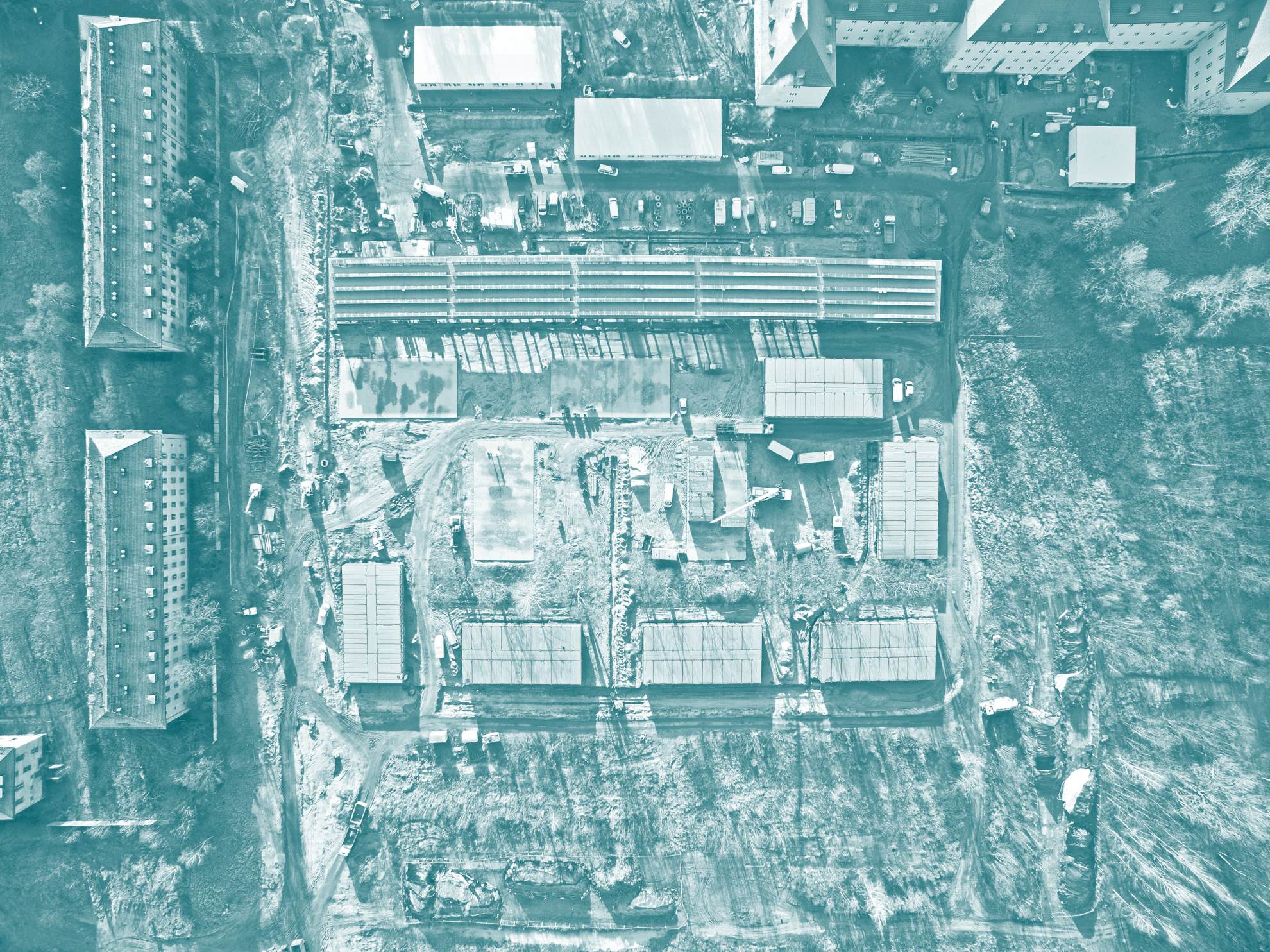Organizers
The conference is hosted by the DFG Research Training Group 1913 “Cultural and Technological Significance of Historic Buildings” at BTU Cottbus-Senftenberg, Germany, and organised by:
Vera Egbers is an archaeologist who recently completed her PhD at the Freie Universität Berlin, where she was a member of the Excellence Cluster TOPOI. While pursuing her studies in Berlin, Istanbul and Paris, she participated in excavations in Turkey, Turkmenistan, Iraqi-Kurdistan, and Germany. Fond of traveling and international exchange, she spent one semester of her PhD at the Department of Anthropology at Harvard University, followed by a long-term fellowship at the Research Center for Anatolian Studies (ANAMED) in Istanbul. In her thesis, Vera applied the theoretical concept of Thirdspace, developed by Henri Lefebvre and Edward Soja, to analyze the relationship of the Assyrian Empire and Urartu during the first half of the 1st mill. BCE in Northern Mesopotamia, with special focus on subalternity. Since January 2020, Vera is a post-doctoral researcher at the DFG Research Training Group 1913 at BTU Cottbus-Senftenberg, where she works with architect Dr. Özge Sezer on the meaning of 20th century (CE) rural Turkey in times of political and social change.
Christa Kamleithner is an architectural theorist and cultural historian, whose research focuses on the epistemological and cultural history of built spaces. She studied architecture and philosophy in Vienna, from 2006 to 2012 she was research associate and lecturer at the College of Architecture, Media and Design of the Berlin University of the Arts, from 2007 to 2013 she was assistant lecturer at the Center for Metropolitan Studies of TU Berlin, and during the summer semester 2011, she taught as a visiting professor at the Academy of Fine Arts in Nuremberg in the architecture and urban research master’s program. In 2018, she was awarded her PhD (Dr. phil.) with a work on the genealogy of the “functional city” at the Humboldt University of Berlin. She was then a postdoctoral fellow at the Bauhaus University Weimar, and since July 2020, she has been a research associate and lecturer for art history at BTU Cottbus-Senftenberg. Her current project is dedicated to the history of the “user” .
Özge Sezer received her Bachelor degree in Architecture from Izmir Institute of Technology in 2007 and her Master degree in Architectural History from Istanbul Technical University in 2010. In December 2018, she completed doctoral studies and received her PhD from TU Berlin with a dissertation about modernist interventions in planning the rural settlements in early republican Turkey. She worked as an architect in preservation projects of historic buildings and archeological sites. Between 2017 and 2019, she was an adjunct lecturer in History and Theory of Art and Architecture at Berlin International University of Applied Sciences. She has participated in several international conferences and lectures, and contributed to publications in architectural history of rural modernism during her academic career. Since January 2020, she is a post-doctoral associate at the DFG Research Training Group 1913 at BTU Cottbus-Senftenberg, conducting a tandem project on a postcolonial reading of contested spaces in rural Turkey with Dr. Vera Egbers.
Alexandra Skedzuhn-Safir was trained as an art conservator in Florence, Italy, at the Istituto per l’arte e il restauro for works in stone and ceramics, and worked there for several years. Later she focused on the conservation of architectural surfaces, working among other sites at the Neues Museum in Berlin. She received her BA in the conservation of architectural surfaces at the University of Applied Sciences in Hildesheim (HAWK), her MA in World Heritage Studies, and her PhD (Dr. phil.) on the topography of prostitution in 19th century Florence at the BTU Cottbus-Senftenberg in Architectural Conservation. Her work has taken her to different countries in Europe, Australia and Asia, including Ladakh. Since 2012 she is a lecturer in Architectural Conservation at the BTU, and presently the acting professor at the Chair of Architectural Conservation. Her interest lies in trans-disciplinary approaches to heritage protection. Further areas of research include marginalisation in the heritage discourse, and heritage interpretation.
Albrecht Wiesener holds an M.A. in History and Philosophy (Freie Universität Berlin, 2000). He has worked as Research Associate and Executive Manager at the Centre for Contemporary History Potsdam (ZZF) from 2001 to 2011 and as Executive Director of the School of History at Freiburg Institute for Advanced Studies (FRIAS) from 2011 to 2013. Since 2014 he is Research Coordinator of DFG-funded Research Training Group 1913 “Cultural and Technical Significance of Historic Buildings” at BTU Cottbus-Senftenberg. His own research focuses on Comparative Urban History of 20th century Germany. He is currently concluding his dissertation on the political semantics and experiential history of urban development in Germany after 1945 using the example of Halle/Saale (GDR) at the Humboldt University of Berlin. He is co-editor of the publication Vom Wert des Weiterbauens. Konstruktive Lösungen und kulturgeschichtliche Zusammenhänge (Birkhäuser 2021).
